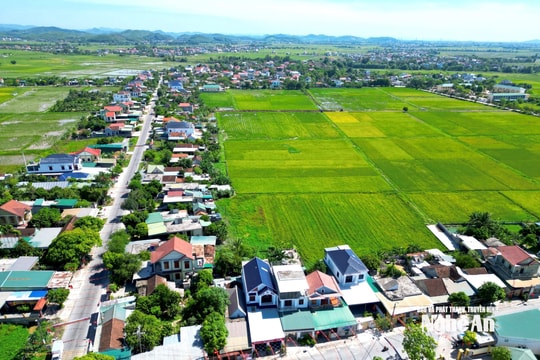Obama visits Vietnam: Looking to the future rather than the past
President Obama's upcoming visit to Vietnam is receiving special attention from public opinion in both countries.
When US President Barack Obama arrives in Hanoi on May 22, the media will closely follow every move of the head of the White House in Vietnam. All of Mr. Obama's activities will appear in newspapers and news reports because he is only the third US President to visit Vietnam since the end of the war.
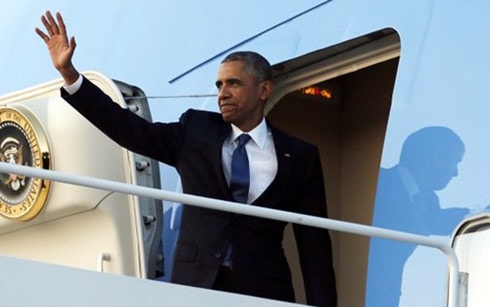 |
| US President Barack Obama. (Photo: AP) |
The trip was full of emotions
The New York Times quoted former US Secretary of Defense Chuck Hagel as saying he was ready for the emotional turmoil when he saw the image of the US leader appear in Vietnam.
Mr. Hagel, an American veteran who spent 12 months in Vietnam: “I know those pictures will move me. Everything from the past will come flooding back.”
For President Obama, the official visit to Vietnam not only gives him an opportunity to reinforce his commitment to the Asia pivot policy but also an opportunity to deepen security and economic relations with an increasingly important partner in the region.
However, for some American veterans - who buried their youth in the Vietnam War, Mr. Obama's visit once again stirred up strong emotions and seemingly endless debates about the consequences of the war.
“The ghosts are still around,” former US Defense Secretary Chuck Hagel said in an interview. “There are still debates about Vietnam and the meaning of the war that the US launched in this country.”
“It still haunts us. It was a terrible waste of human life and the lessons of this war remain,” Mr. Hagel added.
Mr. Hagel added that every decision he made as head of the Pentagon or every piece of advice he gave President Obama stemmed from his experience fighting in Vietnam.
According to Mr. Hagel, as he prepares to enter a "rare" age, he thinks more about his youthful years; at the same time, he affirms that he will carefully look at the photos of Mr. Obama's visit to Vietnam: green fields, friendly people and traditional Vietnamese conical hats.
One of the biggest obstacles between the two countries is that a small number of Americans, for one reason or another, are infected with the idea that there are still American soldiers who survived the war and were held captive in Vietnam.
At a meeting of American veterans organizations held on May 13 at the White House, some people said that the US should only focus on bringing the remains of soldiers who died in Vietnam back to their homeland. However, there were still opinions that wanted Mr. Obama to ask Vietnamese authorities whether or not American prisoners were still alive.
For many other veterans, Mr. Obama's visit was a reminder to two generations of Americans born after the war, emphasizing the importance of the war's lessons for America.
US - Vietnam close the past, look to the future
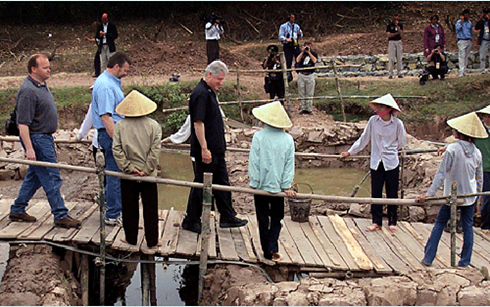 |
| During his visit to Vietnam in 2000 as US President, Bill Clinton focused heavily on the issue of searching for prisoners of war (POWs) and American soldiers missing in action (MIAs). (Photo: Getty) |
According to the New York Times, President Obama is unlikely to focus as much on the issue of searching for prisoners of war (POWs) and American soldiers missing in action (MIAs) as he did during President Bill Clinton's visit to Vietnam in 2000.
Remember, during his visit to Vietnam in 2000, Mr. Bill Clinton and the two sons of a pilot missing in the Vietnam War, Lieutenant Colonel Lawrence G. Evert, directly attended the excavation of Mr. Evert's remains in a rice field about 30km from Hanoi, where the American F-105D fighter plane was shot down.
During his visit to Vietnam, President Obama will likely highlight the achievements of both countries in addressing the consequences of Agent Orange. As a US President visiting Vietnam many years after the war ended, Mr. Obama will probably not be able to become a symbol to help heal the mental wounds that countless American veterans had to endure when returning home from the war. In the past, many American soldiers were despised in their own homeland for fighting in Vietnam.
“Not being welcomed in our homeland remains a national disgrace,” said Senator John McCain, chairman of the US Senate Armed Services Committee, who was a prisoner of war in Vietnam.
“They were all new soldiers in their 18s and 20s who went on duty, but when they returned, they received cold treatment from their own people,” Mr. McCain added.
According to Mr. McCain, although America has now learned its lesson, Mr. Obama's visit to Vietnam can still evoke bitter memories in them.
Mr. McCain also added that one of the things that made him most proud in his life was his efforts to contribute to the normalization of Vietnam-US relations. The Arizona Republican senator also revealed that he often returned to Vietnam after the war ended.
“You see me on the streets of Hanoi more than in Phoenix,” said Mr. McCain.
According to Mr. McCain, it was these efforts that helped him leave behind the painful memories of the war and that Mr. Obama's visit to Vietnam did not stir up the pain of war in his mind. Instead, he had another way to preserve the memories, although painful, that should not be forgotten.
“Sometimes I still wake up really early and visit the Vietnam War Memorial at dawn. It’s always an experience that I have to think about and reminisce about,” Mr. McCain shared./.
According to VOV


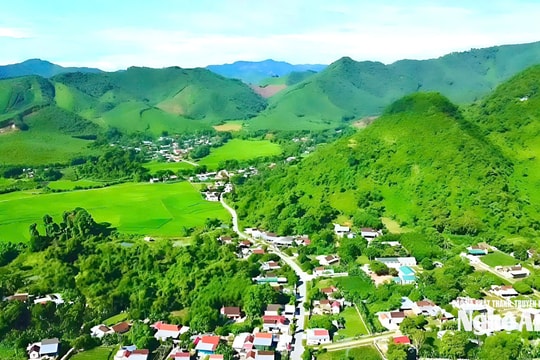
.jpg)
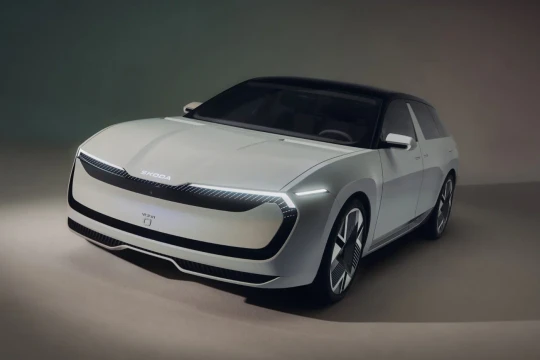
.jpg)

